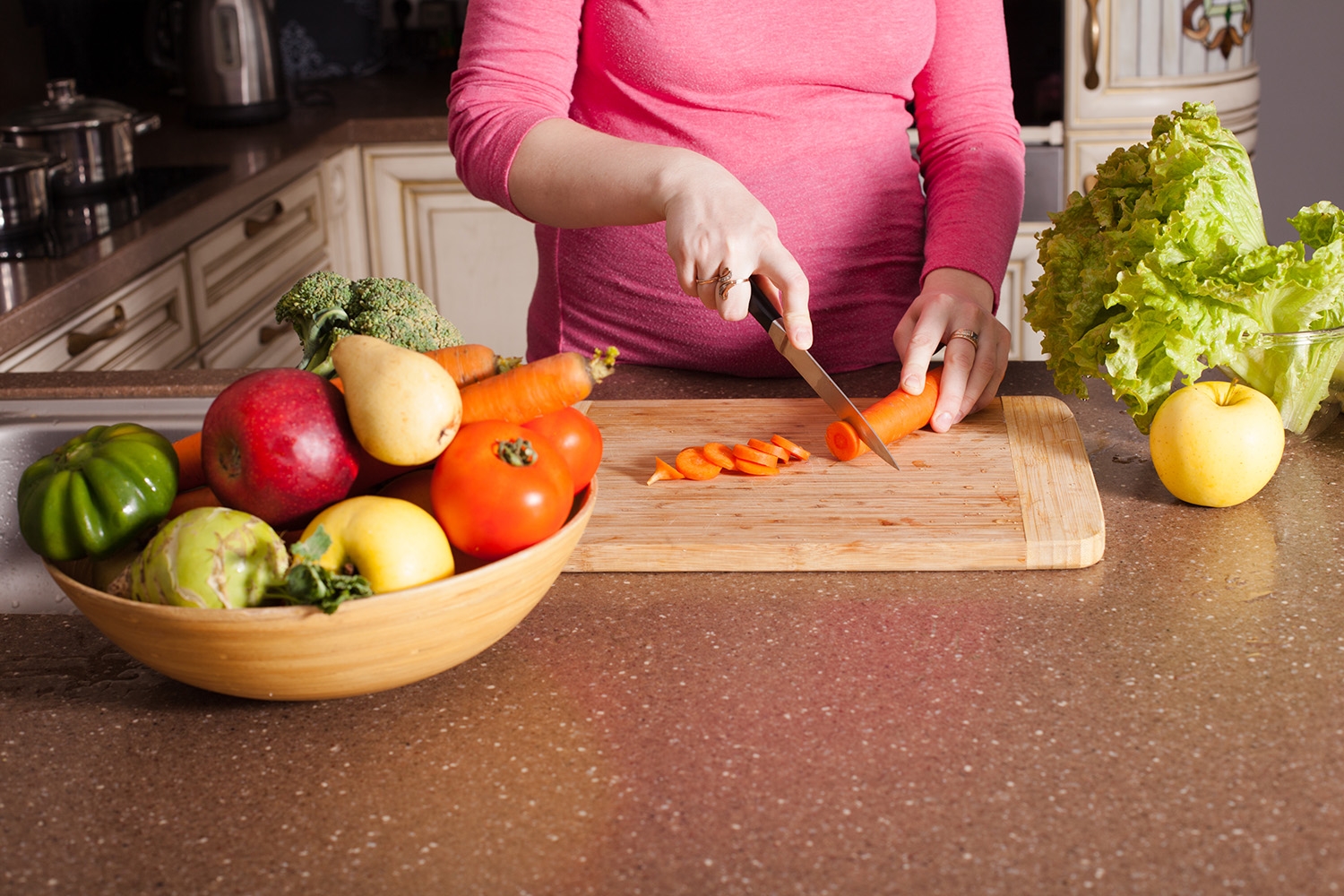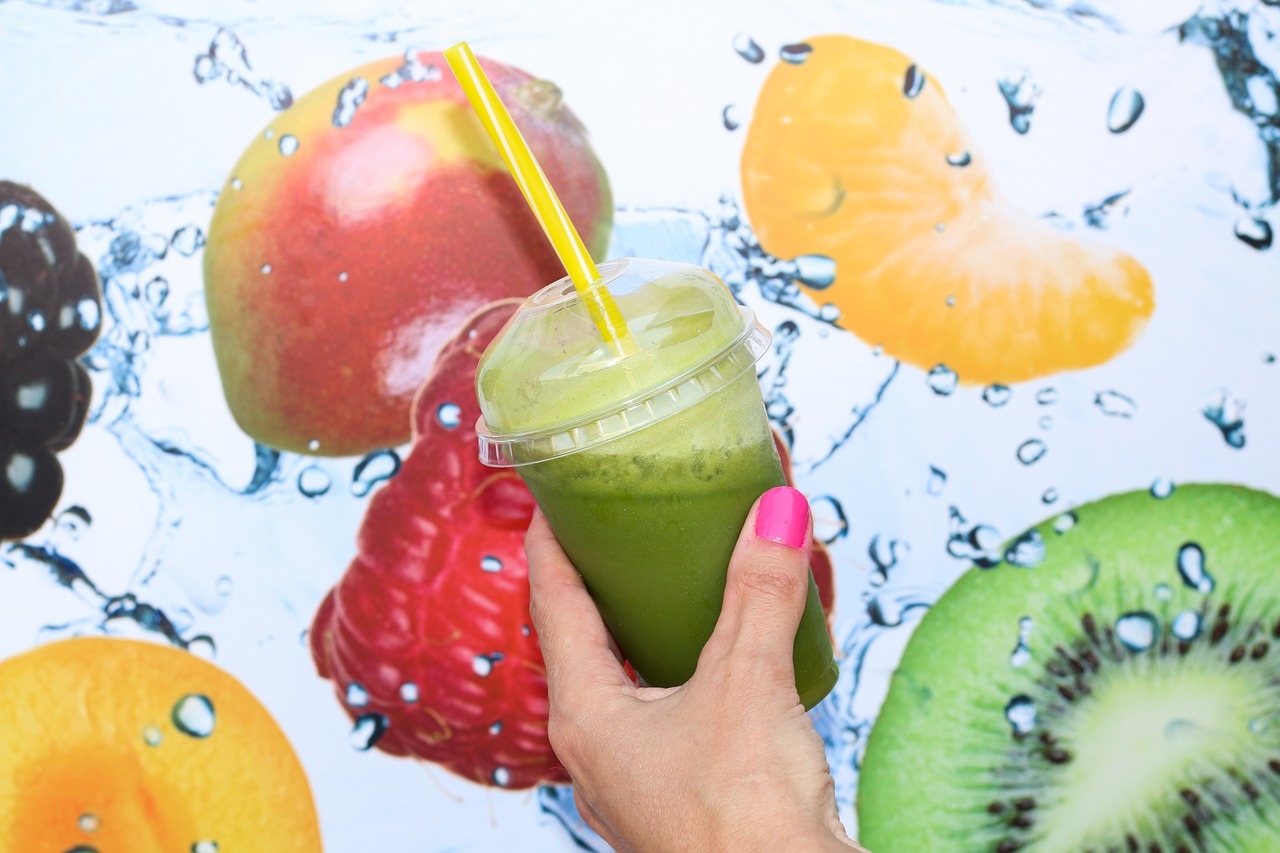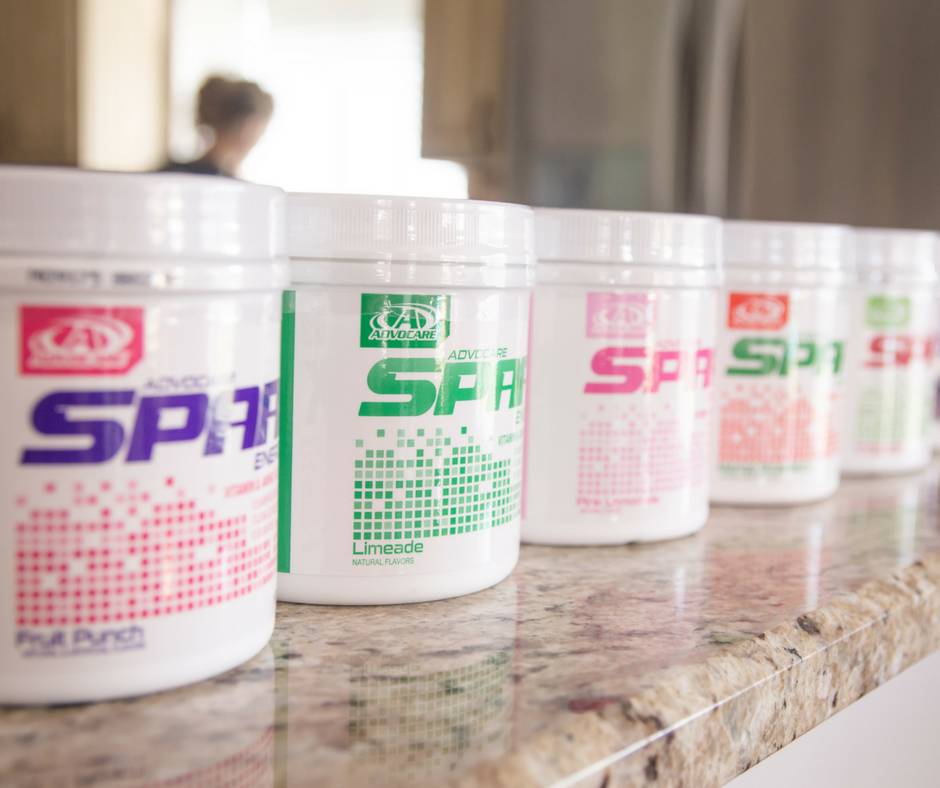
Are you pregnant? Follow these four food safety steps!
When you're pregnant, food safety is more important than ever because you and your unborn baby are at an increased risk of foodborne illness or food poisoning. Your immune system is weakened, making it harder to fight off infections and leaving you vulnerable to serious health problems. Your unborn baby's immune system is also not developed enough to fight off harmful foodborne bacteria.
There are approximately 4 million cases of food poisoning in Canada every year. It's especially important for pregnant women to pay attention to food safety. Food poisoning can be even more dangerous to your unborn baby's health than yours.
If you develop food poisoning during the first three months of pregnancy, it can cause a miscarriage. It if happens later in the pregnancy, it can cause your baby to be born prematurely. Food poisoning can also cause a stillbirth or a baby who is born very ill. Because your baby depends on you for everything it needs, it is very important that you are careful about what you eat and how you store, prepare and cook your food.
You can protect yourself and your unborn baby by following four key steps to food safety — clean, separate, cook and chill.
• Clean: Wash hands and surfaces often with warm, soapy water.
• Separate: Make sure to always separate raw foods, such as meat and eggs, from cooked foods and vegetables.
• Cook: Always cook food to the safe internal temperature. You can check this by using a digital food thermometer.
• Chill: Always refrigerate food and leftovers promptly at 4°C or below.
Some foods carry a higher risk for foodborne illness than others for pregnant women.
Here is a list of tips, including foods to avoid:
• Make sure to cook hot dogs and non-dried deli meats until they are steaming hot before eating them.
• Don't eat raw or undercooked meat, poultry and seafood.
• Avoid refrigerated smoked seafood.
• Avoid unpasteurized juice, cider and dairy products.
• Avoid unpasteurized and pasteurized soft and semi-soft cheeses including blue-veined cheeses.
• Avoid refrigerated pâtés and meat spreads.
• Avoid uncooked foods made from raw or unpasteurized eggs.
• Avoid raw sprouts.









